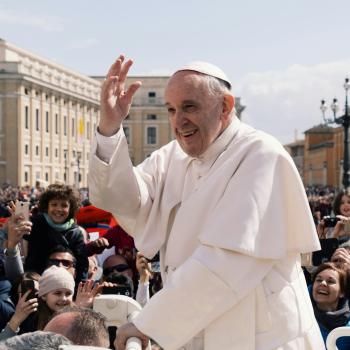All Saints’ Day is observed every year on November 1st – it is a significant and revered day in the Catholic Church. This holy day of obligation is a time when Catholics around the world honor the saints, both known and unknown, who have dedicated their lives to living in accordance with God’s will.
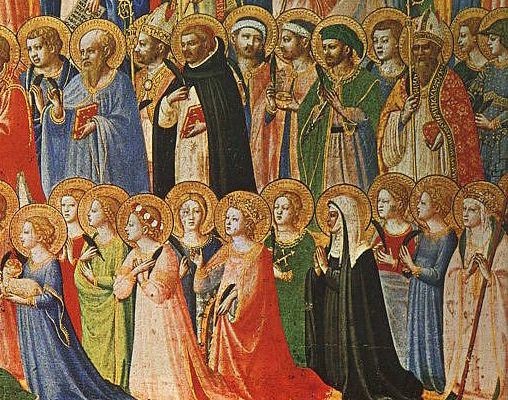
It is a day of reflection, veneration, and gratitude for the countless holy men and women who have set an example for the faithful.
Historical Origins
The roots of All Saints’ Day can be traced back to the early Christian Church. In the 4th century, Christians began to commemorate martyrs who had given their lives for their faith. By the 7th century, the Church had expanded this celebration to include all saints, whether martyrs or not. Pope Gregory III established November 1st as the official date for All Saints’ Day, a decision that continues to be followed by the Catholic Church until today.
Theological Significance
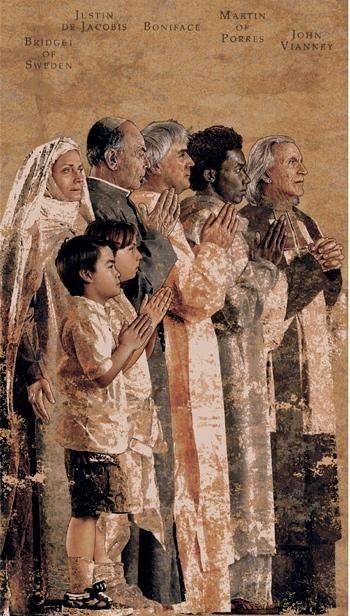
All Saints’ Day is a powerful reminder of the Church’s belief in the “Communion of Saints.” This doctrine emphasizes the interconnectedness of all members of the Church, living and deceased. The Church teaches that while the faithful on earth are the “Church Militant,” those in heaven are the “Church Triumphant.” All Saints’ Day serves as a reminder of this unity, allowing the living to seek the intercession of the saints in heaven.
Celebrations and Traditions
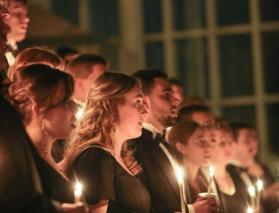
Attendance at Mass – All Saints’ Day is a holy day of obligation in the Catholic Church, meaning that Catholics are expected to attend Mass. The day presents an opportunity for the faithful to come together and remember the saints and martyrs who have gone before them.
Recitation the Litany of the Saints – At Mass, it is common to recite the Litany of the Saints, a lengthy prayer that invokes the names of numerous saints. The prayer is a symbolic way of acknowledging the vast number of saints who have been recognized by the Church.
Honoring Known and Unknown Saints – While there are many well-known saints, All Saints’ Day also honors those who are not officially canonized but led righteous lives. This inclusive approach reflects the belief that countless souls have achieved sainthood without formal recognition.
Reflection and Prayer – For many Catholics, All Saints’ Day is a time for personal reflection and prayer, seeking inspiration from the lives of the saints and considering how to emulate their virtues.
Who Are The Saints?
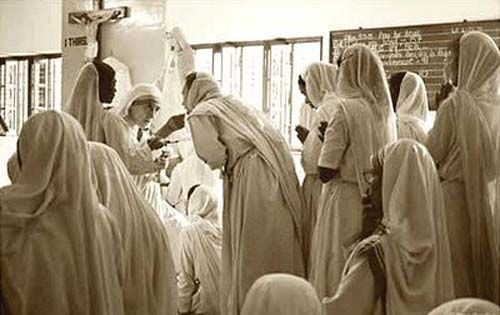
A person only becomes a saint through canonization. Canonization is a sacred and intricate process by which individuals are recognized as saints, joining the ranks of revered figures like St. Francis of Assisi, St. Teresa of Calcutta, and St. John Paul II. This process involves rigorous investigation and verification of a candidate’s life, holiness, and the miracles attributed to them.
The Path to Sainthood

Servant of God – The journey towards canonization begins when a person’s life is considered for sainthood. This individual is referred to as a “Servant of God.” The process usually does not commence until after the candidate’s death. However, exceptions can be made, particularly in cases of martyrs who die for their faith.
Venerable – The next step is for the candidate to be declared “Venerable” by the Pope. To achieve this status, the candidate’s life and deeds are scrutinized to ensure they lived a life of heroic virtue. This involves a thorough examination of their writings, actions, and reputation.
Beatification – For the individual to progress further, evidence of at least one miracle attributed to their intercession is required. Once verified, the Pope can declare the candidate “Blessed.” Beatification essentially acknowledges that the candidate is in heaven and interceding on behalf of the faithful.
Canonization – The final step in the process of canonization is the declaration of sainthood. To become a saint, the candidate must be associated with at least one more verifiable miracle. Upon confirmation by the Church and approval by the Pope, the individual is officially declared a saint. This is often celebrated with a formal canonization ceremony.
The Significance of Canonization
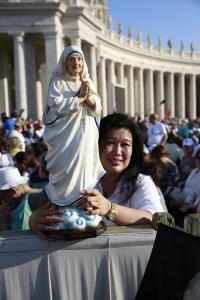
Intercession – The canonization of saints is not merely a historical event but holds great significance for Catholics worldwide. Saints are believed to be in the presence of God and can intercede on behalf of individuals. Devotees often seek the prayers and protection of saints in their daily lives.
Role Models – Saints serve as role models of Christian virtue and holiness. Their lives are studied and emulated by the faithful to guide their own spiritual journeys. The stories of saints offer inspiration and encouragement to live a life in accordance with Christian principles.
Patronage – Many saints are associated with specific causes, occupations, or regions. For example, St. Francis of Assisi is the patron saint of animals, and St. Joseph is the patron of workers. Catholics turn to these saints for guidance and protection in various aspects of life.
Communal Unity – The canonization process is a communal endeavour, involving the participation of the Church, historians, theologians, and the faithful. It strengthens shared values among Catholics who continue to celebrate and venerate these holy people.
The process of canonization in the Catholic Church is a profound and deliberate journey that leads to the recognition of individuals as saints. It not only celebrates their exemplary lives but also offers spiritual guidance, intercession, and unity to the worldwide Catholic community. Canonization demonstrates the Church’s commitment to preserving the memory of those who have lived lives of extraordinary holiness and devotion to their faith.
The Church shows such commitment through the commemoration of days such as All Saints’ Day. The day invites the faithful to contemplate the lives of saints, both celebrated and unknown, who have exemplified their dedication to God. The day serves as a source of inspiration for individuals striving to live in accordance with God’s will. In honouring the saints, All Saints’ Day reinforces the timeless belief that holiness is attainable for all who earnestly seek it.
“To be saints is not a privilege for the few, but a vocation for everyone.” Pope Francis
All holy men and women – Pray for us






